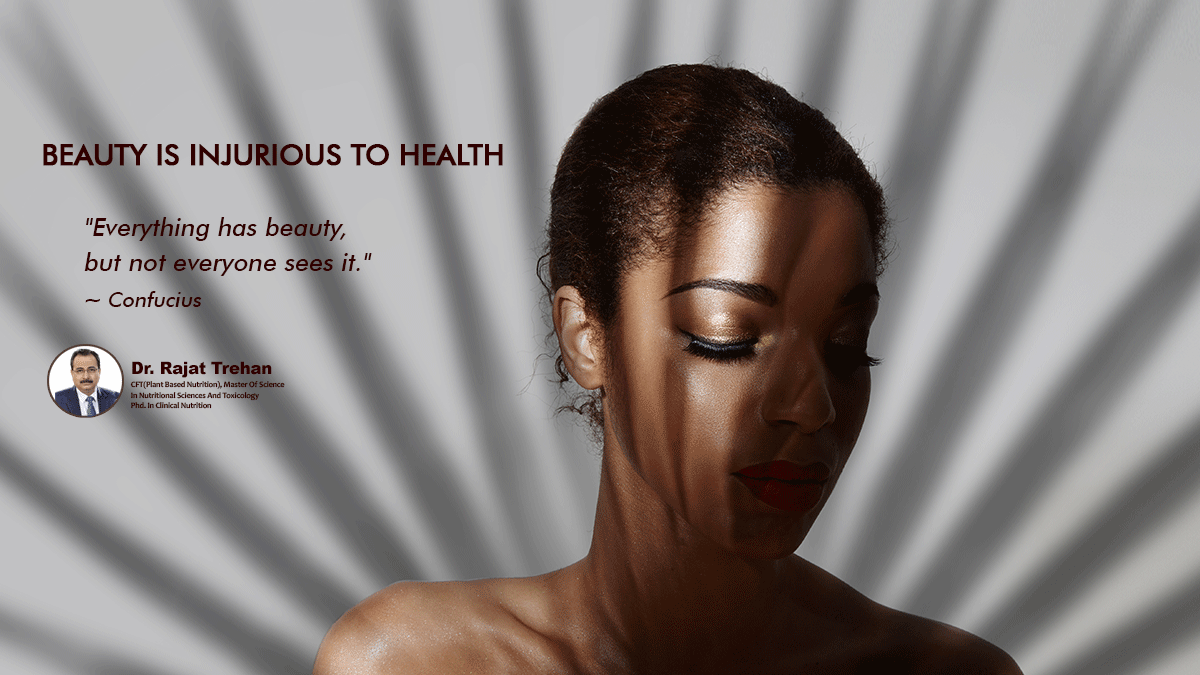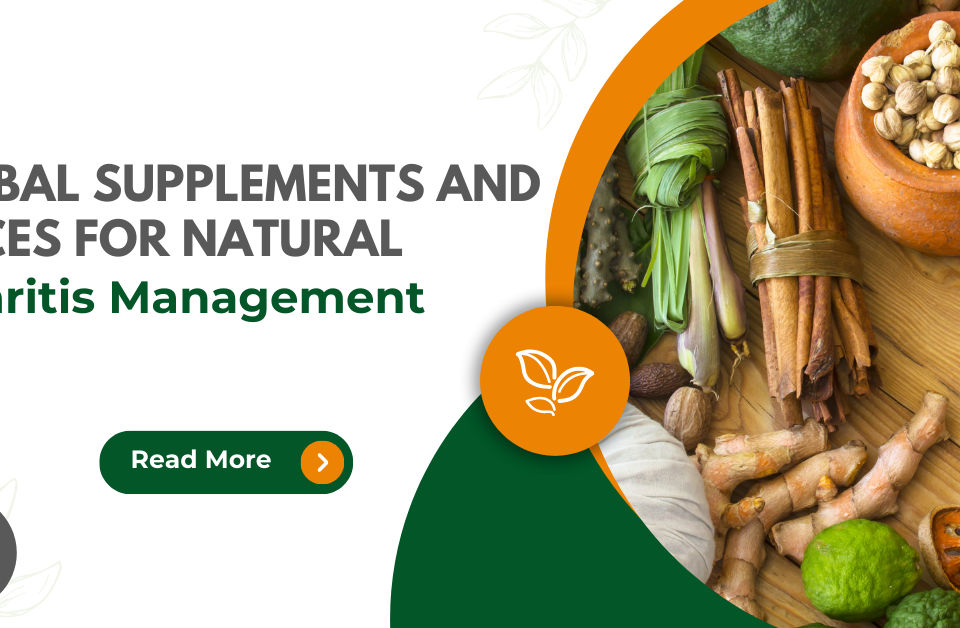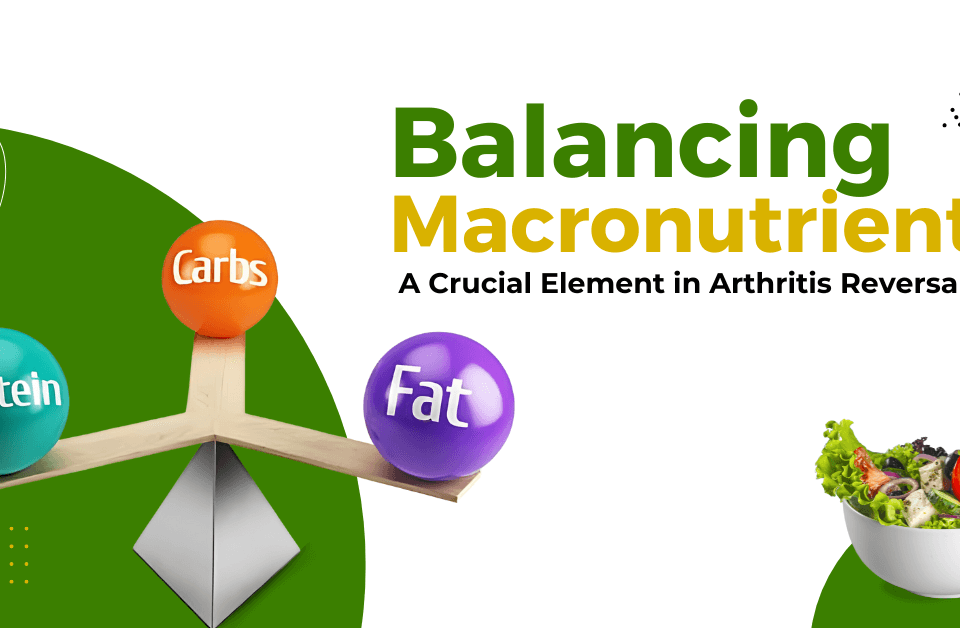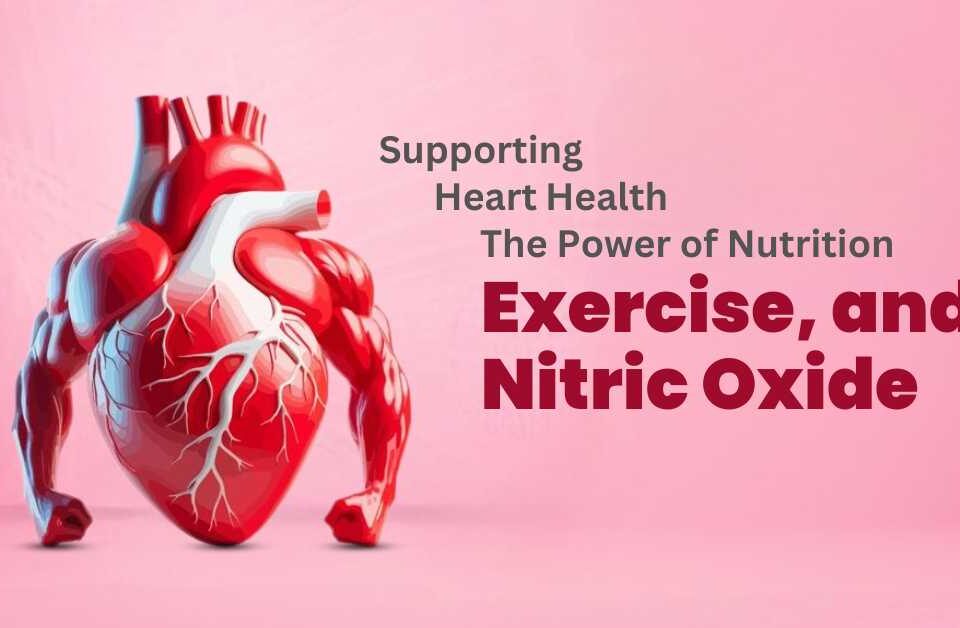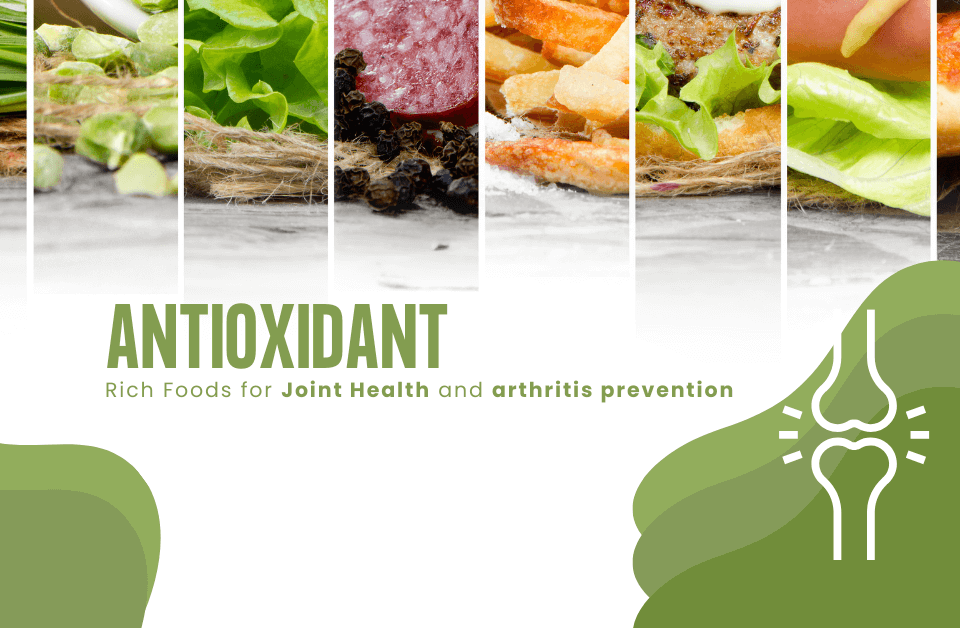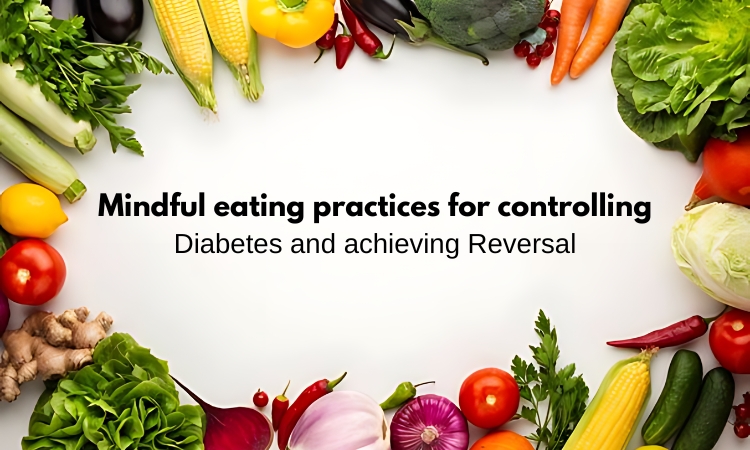Beauty is injurious to health

Dangers of Apple Cider Vinegar
May 6, 2023
Can toothpaste cause Cancer?
May 20, 2023"Everything has beauty, but not everyone sees it." ~ Confucius
You might have read or heard this quote from Confucius. Many of you will agree with this statement but not all, right? There is no need to agree with everything that has been written or said by famous personalities or maybe your friends and family. Yet there is a slack of thinking the other way around. I am not saying that you should listen to people about their opinions over your appearance or beauty, but have you not been facing it all your life already?
Whether it is Indian society or Western, people have always appreciated physical beauty. Yet, it is not everything to be counted as a whole. People, usually youngsters, face this kind of discrimination almost every other day of their lives. This makes them turn to chemical products– cosmetics, to seek validation from society.
On average, women of the 21st-century use as many as 515 chemicals daily in the form of cosmetics– lotions, soaps, shampoos, oils, serums, colours, creams, gels, foams, talcum powder, and whatnot. Almost 73 per cent of women in the world don't know what they are applying to their skin every day, and 90 per cent of them do not even care to know. They have no idea about the ingredients in their everyday makeup.
A large population of the world uses cosmetics regularly. Adulterants and dreaded toxins in kajal, lipsticks, toothpaste, shampoos, and hair colours have been found in them by DIPSAR (Delhi Institute of Pharmaceutical Sciences and Research). And surprisingly, a woman's daily makeup kit contains the chemicals that it ideally should not.
Not only this, but many other studies have shown toxicity in cosmetics that they should not contain. A study at the Indian Institute of Toxicological Research (IITR) in Lucknow shows that many cosmetic products have traces of toxins in them, which can cause massive damage to an individual's overall health.
Another report by the Indian Eye Research Group (IERG) on eye products or makeup reveals that it can actually cause cancer. Another shocking thing is that the 'Herbal' products that people believe to be 'harmless' actually contain the same toxins or harmful chemicals in them. Only a tiny percentage of herbal ingredients are found in those products. The other ingredients are harmful preservatives only.
Fairness creams make up half of the skin care industry in India, but do you want to "get ahead" in life by taking hydroquinone? How risky is purchasing "herbal" products? Which is more dangerous—the Rs 60 kajal that can harm you with lead or the Rs 2,000 sunscreen that can cause cancer?
“New asbestos for skin” is what the nanoparticles are being called that are hiding in high-end cosmetic products. “We are exposed to a large number of chemicals through cosmetics every day, but not many people are aware of it”, says Dr. K.C. Gupta, director of IITR.
Global polls show that beauty is now valued more highly. Sociologists demonstrate how we ascribe positive traits to attractive people, while economists explain why beauty increases our ability to make more. It makes sense that India's beauty industry is expanding at a startling 17% rate, which is twice as fast as the US market. Over 90% of women are ready to spend money on beauty products, regardless of cost, according to a 2009 four-metro Nielsen survey on contemporary attitudes toward beauty.
Dermatologists and ophthalmologists are sounding the alarm; according to researchers from Delhi's best beauty salons, 69% of their customers experience acne and puffiness. Others say the worst culprits are scents, deodorants, hair dyes, sindur, and eye makeup. Another study reveals that 3.3% of people have allergies to makeup.
Professor S.S. Agrawal, the previous director, has supervised the researchers' work in their lab since 2008. In 2009, they discovered toxic elements like lead, copper, nickel, chromium, cobalt, and arsenic in nearly all of the 53 types of lipstick, kajal, talcum powder, shampoos, and hair colour—some of which contained as much as 20 parts per million of lead. Furthermore, the experiments on rats revealed liver damage after 28 days of oral administration.
There are too many inquiries about essential health topics, but more answers are needed. So cross your fingers and pray that science will one day compel both the government and the cosmetics business to become morally responsible.

